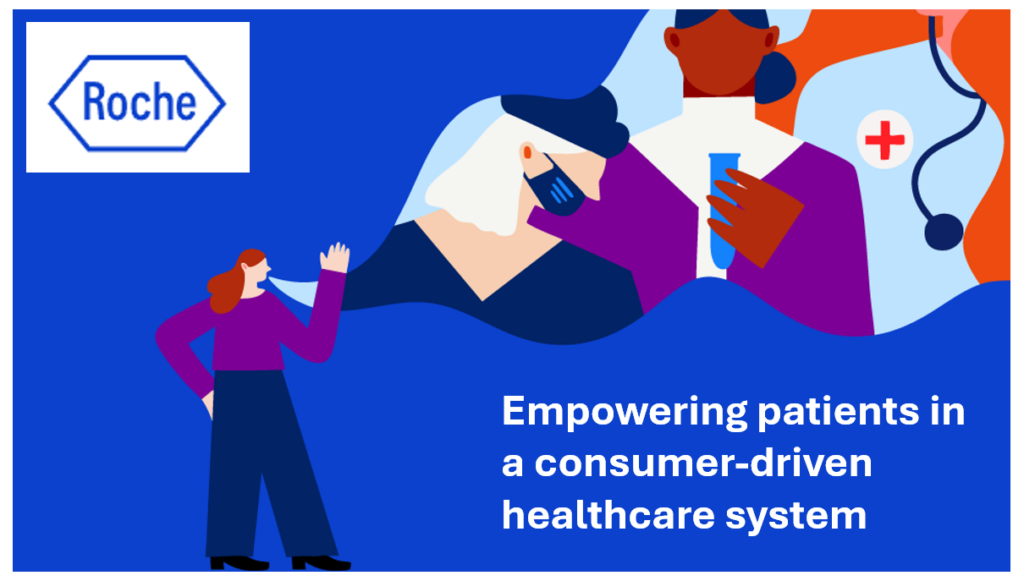Virgin grows in health care
A new brand of clinic is entering the health care market…aligning itself in a public/private partnership with none other than the largest health system in the world, the National Health Service in the UK. Richard Branson is a master brander, having started up Virgin records in 1970 and Virgin airlines in 1984,. When he took on the Old School airlines, he was seen as the enfant terrible of the industry. But he re-imagined the airline business model and made it fun to fly. Can he do the same for health in the United Kingdom? Here’s the deal: Virgin Healthcare will
Health Populi’s Tea Leaves for 2008
I “leave” you for the year with some great, good, and less-than-sanguine expectations for health care in 2008. These are views filtered through my lens on the health care world: the new consumer, health information technology, globalization, politics, and health economics. Health politics shares the stage with Iraq. Health care is second only to Iraq as the issue that Americans most want the 2008 presidential candidates to talk about, according to the latest Kaiser Health Tracking Poll. Several candidates have responded to the public’s interest with significant health care reform proposals. But major health reform – such as universal access
The Future of Retail – Implications for Health
I’ve been looking at health care through a retail lens for some time. Perhaps it’s that I’m a rag trader’s daughter, or that I’ve been known to like shopping, that I have clients in consumer goods, or that I understand how tiered drug pricing impacts the consumption of medicines (answer: it’s all of the above). I’ve just reviewed the latest trend report from PricewaterhouseCoopers and TNS Retail Forward on the future of retailing. My mind is connecting the dots between the future of retail and the American health care consumer. Four future retail trends are already embedding in health care
The cost of health illiteracy = 47 million uninsured
The annual financial burden of health illiteracy costs between $106 and $238 billion. This is enough money to cover the 47 million uninsured people in America. That metric, and many other insights, were published this week in an important new report called, Low Health Literacy: Implications for National Health Policy. The report was written by Dr. John Vernon, a professor of finance at the University of Connecticut, and three colleagues from the University of Central Florida, George Washington University, and an executive from Pfizer. This research was sponsored by Pfizer, which has been promoting health literacy as part of
My Magazine, My Health Portal
U.S. News and World Report is well-known for its Top 100 “best” lists assessing hospitals, doctors, and health plans. Watch for it to further build its position as consumer health information provider for Americans by expanding into a comprehensive health portal online. U.S. News published this cover in November 2004. So the magazine is no newcomer to this role. However, the publication and its editors (and savvy financial management) recognize the opportunity to exploit their brand position in the consumer health information space. This isn’t just about arming Americans with health information to be ‘smart.’ This is a smart move
Welcome to Health Populi
You’re paying more out-of-pocket for health care co-payments and premiums. You are overwhelmed with health care choices. You search for health information online. You might be lucky enough to have health insurance covered by your employer, but you’re worried about losing it if you leave your job. You shop for healthy food, might do Pilates or Yoga, and spend money on health-oriented cosmeceuticals. You want to engage with the health system, and be empowered in your own health and health care. Welcome to Health Populi. As a health economist, I believe that health is a person’s most valuable asset. My





 I was invited to be a Judge for the upcoming
I was invited to be a Judge for the upcoming  Thank you Team Roche for inviting me to brainstorm patients as health citizens, consumers, payers, and voters
Thank you Team Roche for inviting me to brainstorm patients as health citizens, consumers, payers, and voters  For the past 15 years,
For the past 15 years,